Four Female French-Speaking Indigenous Artists to Celebrate on Canada’s Day of National Truth and Reconciliation
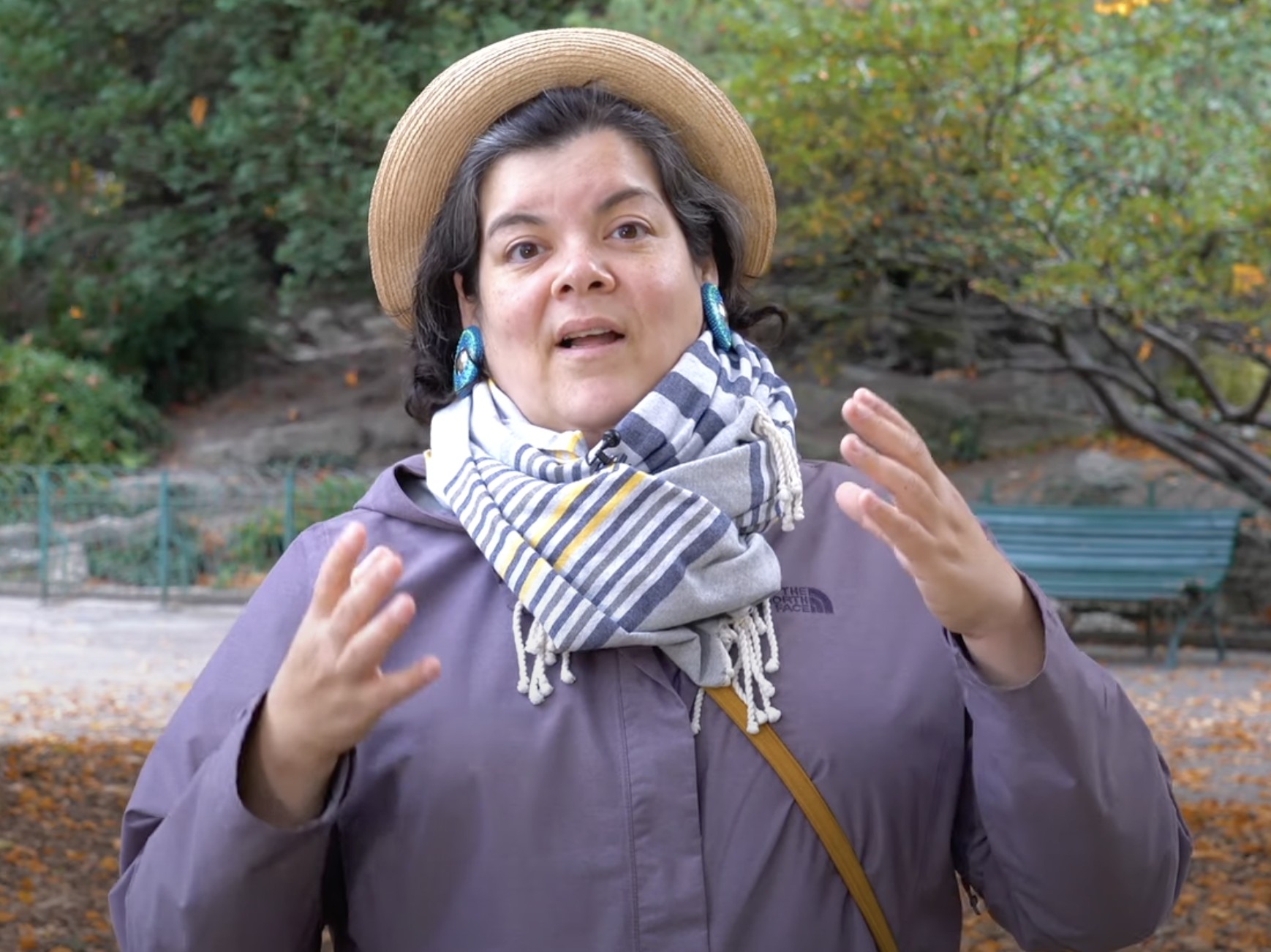
Sept. 30 marks the National Day of Truth and Reconciliation in Canada. This day serves as a reminder of the tragic history of residential schools and pays tribute to survivors and their families. In honour of this day, here are four French-speaking Indigenous women who bring their culture to life.
Melissa Mollen Dupuis
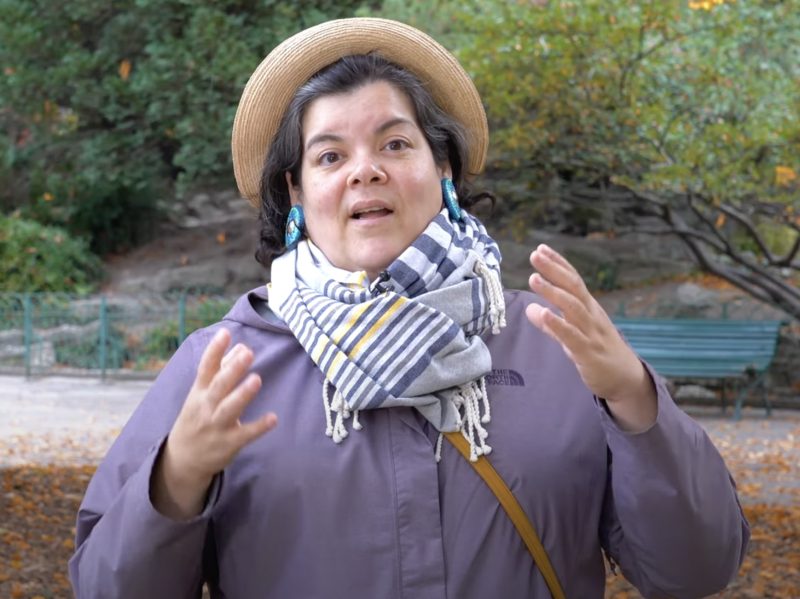
Recognized for her role in the Quebec chapter of Idle No More, Melissa Mollen Dupuis is also a director and animator. She is from the North Shore of Quebec from the Innu community of Mingan (ou Ekuanitshit), as well as the head of the Quebec First Nations Artists foundation, Wapikoni Mobile, has a radio show called Kuei! Kwe! on Radio-Canada as well as a podcast – Parole Autochtone.
On her podcast Parole Autochtone, she speaks on a multitude of subjects about the daily life of First Nations, Métis and Inuit people in Canada. Each episode is short but packed with information on topics relating to indigenous politiques, forced sterilisation of Indigenous women and how we share natural resources. Dupuis is also on Radio-Canada with her weekly show Kuei! Kwe! which is geared towards promoting Indigenous talent in Quebec like the poet Marie-Andrée Gill or the musician Michel Canapé.
An amazing Indigenous activist in Quebec, Dupuis was recognized by Amnesty International’s Ambassador of Conscience Award in 2017.
Shina Novalinga
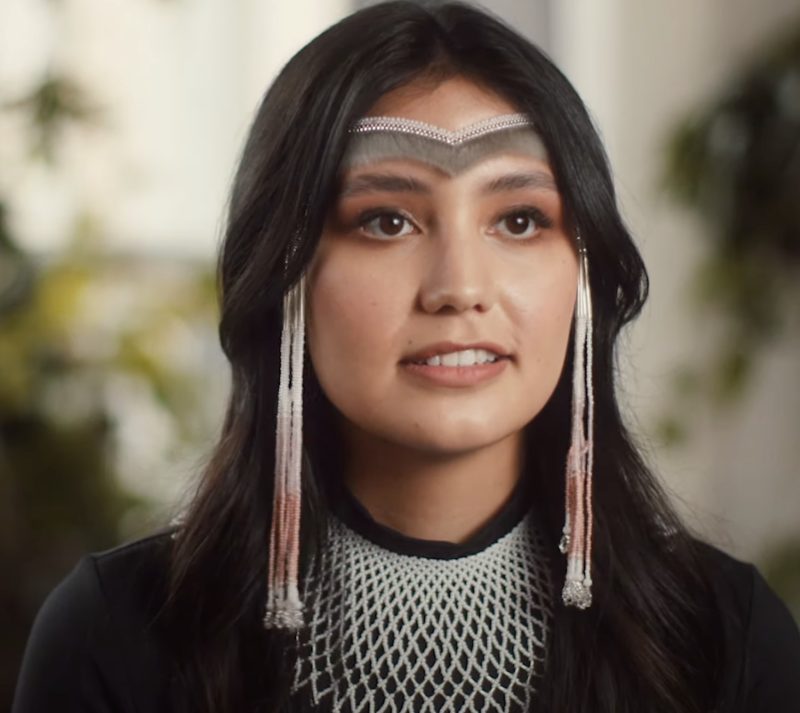
Born in northern Quebec in the Inuit community of Puvirnituq, Shina Novalinga is a phenomenon on Tik Tok and Instagram. As a young Indigenous French-speaking woman, Shina uses her social media as a platform to educate her followers on her Inuit culture. She began sharing videos in 2020, with her most popular videos highlighting her and her mother performing the traditional practice of throat singing.
Throat singing or katajjaq in Inuit is a tradition of Inuit women where women face one another and alternately emit sounds controlled by their breathing.
With around four million followers, Shina explained in an interview with enRoute : “I feel like our voices, mine, my mother’s and our people’s, are finally being heard. We want to sing for those who cannot”. As this practice was long disapproved and faced the threat of disappearance due to residential schools it is important for Shina to keep her culture alive.
Shina also creates content regarding the food and fashion of her culture.
Elisapie Isaac
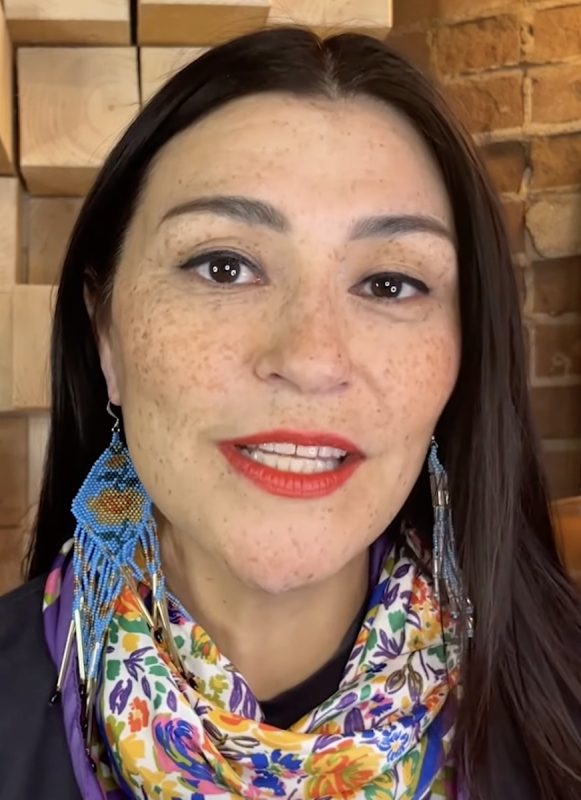
A trilingual singer (English, French and Inuktitut), Elisapie is a phenomenon in the Canadian music scene. Elisapie was born and raised in Salluit, Nunavik, before moving to Montreal. She uses music to raise awareness about Inuit culture.
In her teens, Elisapie was the lead singer of the folk music group Slait Band. In 2004, her debut album received a Juno Award.
Elisapie has a large international audience. In 2010, she was part of a Young Artist group, alongside big names in music like Justin Bieber and Avril Lavigne. Her musical diversity has resulted in the release of three other folk and electronic solo albums, with songs in English, French and Inuktitut. Her album The Ballad of the Runaway Girl (2018) represents one of her many successes.
Her recently released album, Inuktitut, pays homage to her Inuit culture. The songs are indigenous language covers of hits from famous groups like Led Zeppelin, Fleetwood Mac and Cyndi Lauper.
A comment made by Radio Canada states: “On this National Indigenous Peoples Day, Elisapie performs another cover in Inuktitut, The Unforgiven, a Metallica classic renamed for the occasion Isumagijunnaitaungituq”.
Joséphine Bacon
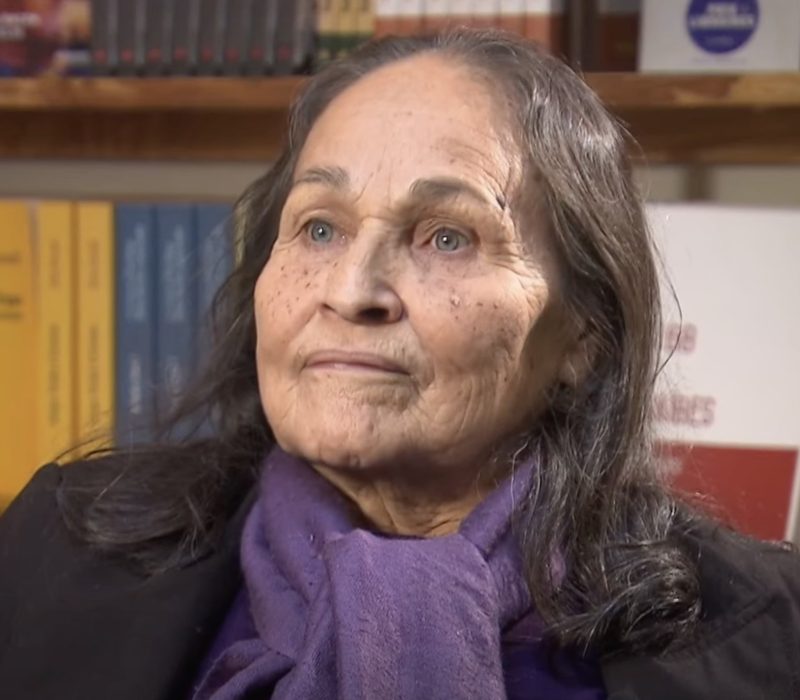
Born in 1947, Joséphine Bacon is an Innu from the Innu community of Pessamit, who empowers the voices of Indigenous peoples. She began her career in 2009, with the poem Bâtons a message / Tshissinuatshitakana. Her poems are written in her two languages: French, which she learnt at the residential school, and innu-aimun – her first language and her inspiration.
Joséphine Bacon brings to life innu-aimun words within her poetry that she worries may be forgotten. Joséphine went on tour to multiple Innu communities to introduce children to poetic writing and to pass on traditions to new generations, an act that proved her loyalty to her culture.
Further, Bacon acts as a spokesperson for her community. In the portrait documentary that is dedicated to her “Je m’appelle humain” (2020), one of her friends says to her: “ I love to hear your poetry. […] You move me in the words you use. I understand you.”
She does not consider herself a poet, instead believing that her poems find her. Bacon expresses in “Je m’appelle humain”, “Poetry for me, is […] intimate moments, like right now, when you return to your soul, and then let the soul speak, then you write it”.
Bacon has received many awards for her art: Prix des lectures du Marché de la poésie de Montréal for Dessine-moi l’arbre (2010), Governour General’s Literary Award for Un thé dans la toundra / Nipishapui nete mushuat (2014) and the Bookseller’s Award for Uiesh / Quelque part (2019).
These four influential women represent the pride of Indigenous cultures on this day of Truth and Reconciliation in Canada.


